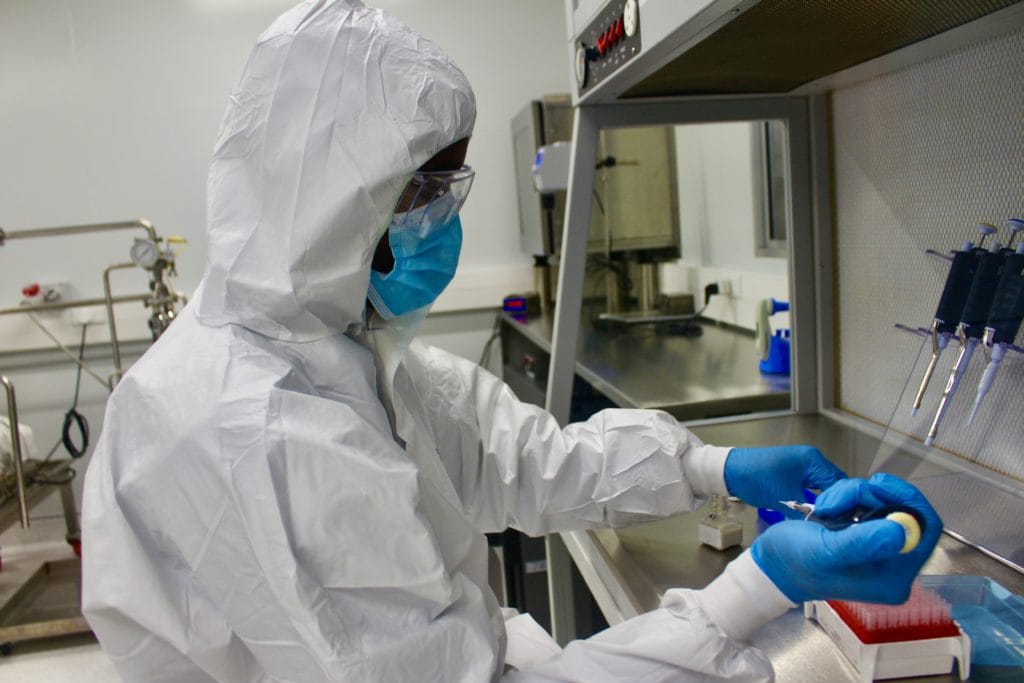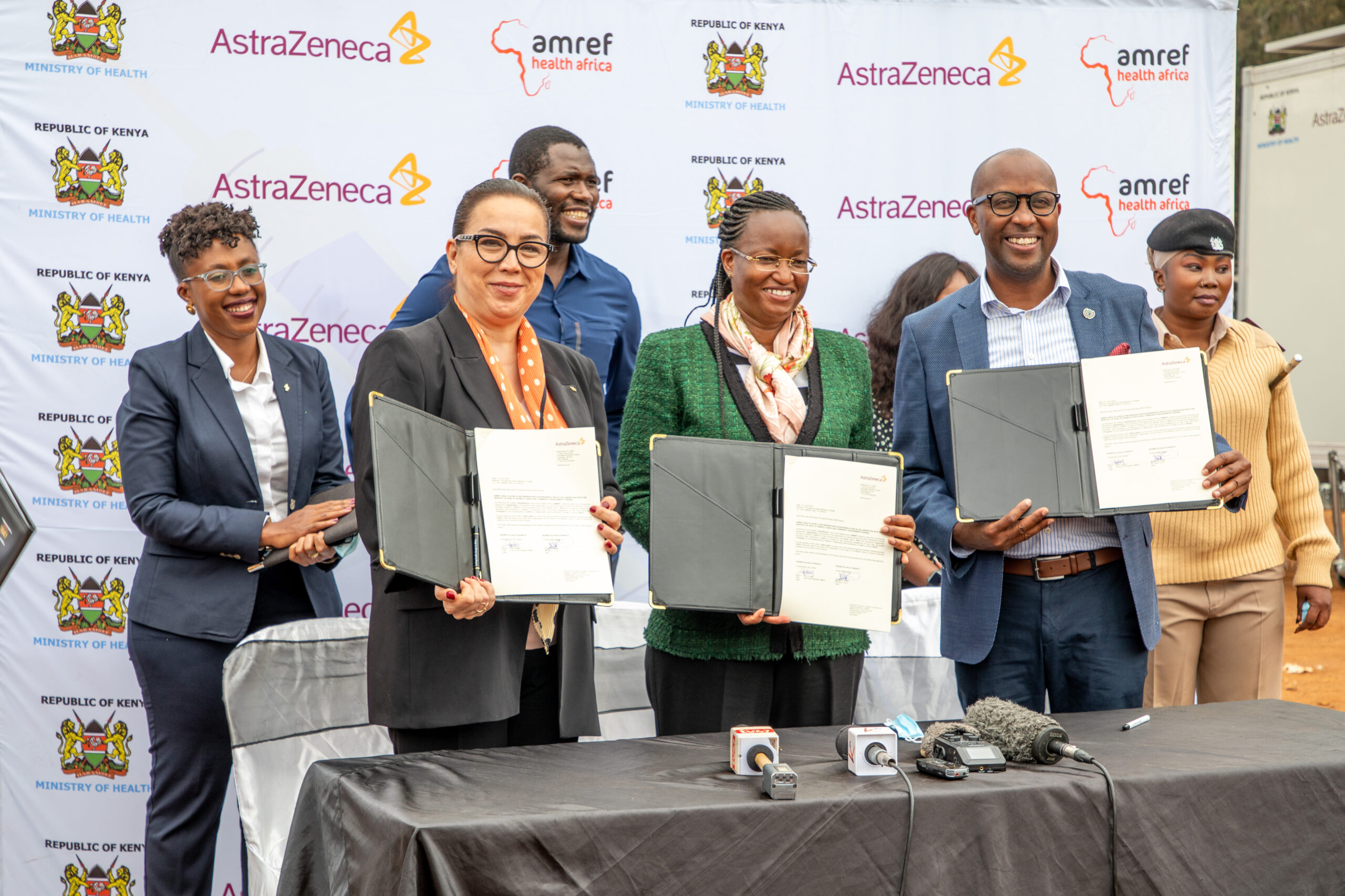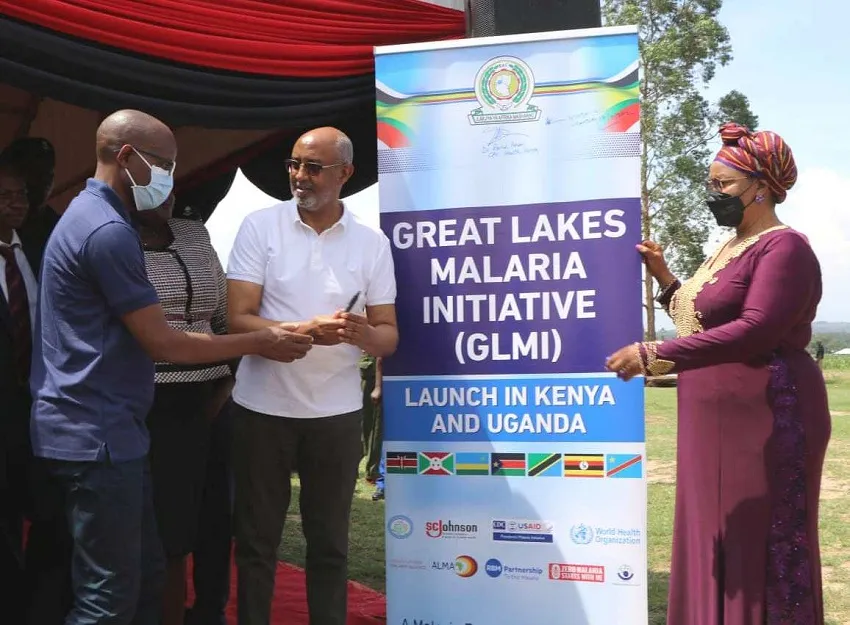Course for health journalists to kick off in February 2019
Monday, 3 December, 2018


Amref Health Africa through the Amref International University (AMIU) and Amref Regional Programmes will jointly roll out a course for health journalists in February 2019.
This was revealed by the interim Vice Chancellor of AMIU Dr Alice Lakati who said that the course has already been approved by the university’s Senate.
A first-of-its-kind, the course gives journalism students, mid-level media practitioners, editors and communications specialists’ greater familiarity with public health and access to a wide range of sources and scientific resources.
AMIU and Regional Programmes have already drafted a partnership agreement to jointly roll out the course. Among areas of collaboration include leveraging on the Regional Programme’s immense technical capacity and presence in Africa to market the course in the regions.
Dr Alice Lakati is upbeat that the unique course will address an important health concern.
“This course offers a great opportunity for both postgraduate and Continuing Professional Development (CPD) students with synergy to shape Africa’s health agenda,” she said.
“It will build communicators’ understanding of scientific methods and help them communicate health stories within a broader scientific context. This will facilitate them to generate factual and non-sensational reports,” she added.
With the constantly evolving news landscape, skill-based programmes and constructive journalism is an essential vehicle for communicators to gain new abilities, content knowledge and sources.
The course also provides learners with a set of skills and competencies to research and analyse health-related materials for reliability, thereby improving the accuracy in reporting.
Prof Joachim Osur, Amref Health Africa’s Director of Regional Programmes noted that media advocacy for health ensures that the right policies are enacted and also implemented to achieve a country’s health goals.
“For this to be realised, media practitioners must have the right skills to effectively contribute to improving the health of populations,” he said.







